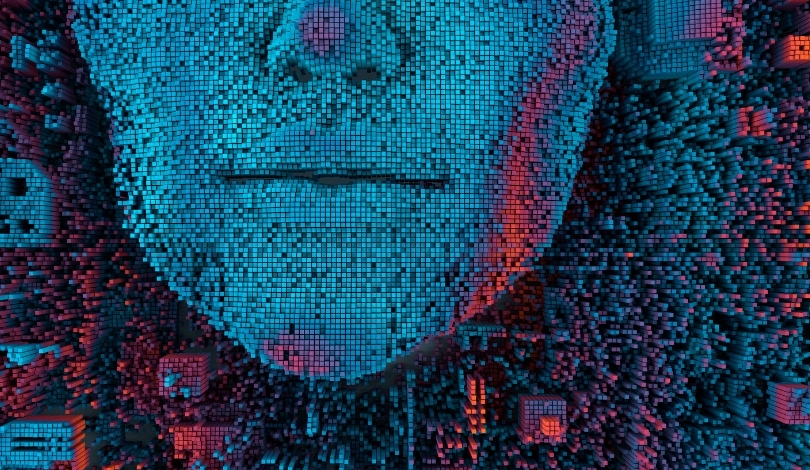Blockchain technology is increasingly intersecting with artificial intelligence, creating new opportunities for decentralized systems. This partnership aims to make AI resources more accessible while ensuring transparency and fairness in their distribution. The integration addresses current centralization issues within the AI industry, fostering a more inclusive environment for innovation.
Recent developments highlight the growing synergy between AI and blockchain, building upon earlier efforts to decentralize data management. Unlike previous initiatives that struggled with scalability and integration, the latest solutions offer more robust and efficient frameworks for combining these two technologies.
Challenges in Decentralised Data
Despite the promise, establishing a decentralised AI ecosystem presents significant obstacles related to data access, management, and analysis on blockchain platforms. The inherent structure of blockchains as sequential, single-table databases limits their flexibility and speed, making them less suitable for the high data demands of advanced AI systems.
Innovative Solutions Pave the Way
Addressing these challenges, companies like Space and Time are developing decentralised data warehouses that integrate seamlessly with existing enterprise systems.
“Space and Time is thrilled to lead Web3 into a new era of data-driven smart contracts and the next generation of DeFi,”
stated Jay White PhD, Co-Founder and Head of Research at SxT. Their Proof-of-SQL consensus mechanism ensures data integrity and facilitates smarter interactions between blockchain and AI applications.
AI for Everyone
The convergence of AI and blockchain is set to democratize access to AI tools, making them available to a broader range of users. By decentralizing resources like computing power and data, smaller operators can compete on a more level playing field, promoting greater innovation and diversity in AI development.
“Giving everyone true ownership and provenance of AI assets is of the utmost importance,”
Miguel Palencia, co-founder of Qtum, told Forbes.
This perspective underscores the industry’s commitment to decentralization, aiming to reduce the concentration of AI power among a few major companies and ensure equitable distribution of resources and rewards.
As AI and blockchain technologies continue to evolve together, they are likely to unlock new possibilities for secure, transparent, and accessible AI applications. Users and developers stand to benefit from enhanced data security, improved smart contract functionality, and innovative AI-driven services that leverage the strengths of both technologies.
Effective integration strategies and continuous innovation will be crucial in overcoming existing limitations and fully realizing the potential of decentralized AI systems. Stakeholders in both fields must collaborate to develop scalable solutions that meet the growing demands of the AI landscape while maintaining the core principles of blockchain technology.
Blockchains can provide a decentralized foundation that democratizes AI access, but addressing technical challenges is essential for widespread adoption. Ongoing advancements by key players like Space and Time and Qtum are paving the way for more resilient and inclusive AI ecosystems, which could transform how AI resources are managed and utilized globally.










